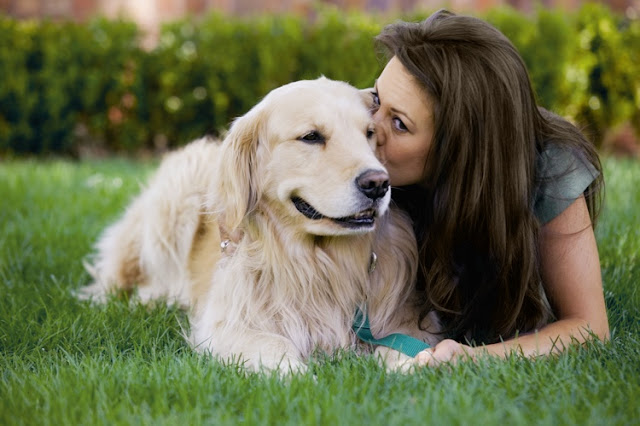As a responsible pet owner, it's crucial to be prepared for emergencies. Just like humans, pets can face unexpected health issues or accidents that require immediate attention. In this guide, we will provide you with essential first-aid tips and advice for handling common pet emergencies. Being equipped with the knowledge to act swiftly can make all the difference in your pet's well-being and recovery.
Create a Pet First Aid Kit
Before we delve into specific emergencies, let's start by assembling a basic pet first aid kit. Here are some essential items to include:
Gauze pads and bandages
Adhesive tape
Scissors
Tweezers
Cotton balls
Antiseptic wipes
Thermometer
Petroleum jelly
Blunt-ended scissors
Digital rectal thermometer
Hydrogen peroxide (3% for inducing vomiting, if directed by a vet)
Towels or blankets
Disposable gloves
Contact information for your veterinarian and emergency pet clinic
A leash and muzzle (to prevent bites when your pet is in pain)
Common Pet Emergencies and How to Respond
Choking: If your pet is choking, try to remove the object from their mouth using pliers or your fingers if it's visible and accessible. Perform abdominal thrusts if necessary. If the object remains lodged, seek immediate veterinary help.
Bleeding: Apply pressure to the wound with a clean cloth or gauze. Elevate the injured area if possible. If bleeding is severe, consult your vet.
Seizures: Keep your pet away from objects that could harm them during a seizure. Note the duration of the seizure and contact your veterinarian.
Poisoning: If you suspect poisoning, contact your veterinarian or a poison control hotline immediately. Do not induce vomiting unless advised by a professional.
Fractures: Keep your pet as still as possible and immobilize the injured area with a splint if available. Transport them to the vet carefully.
Heatstroke: Move your pet to a cooler area, apply cool, not cold, water to their body, and offer small sips of water. Seek immediate veterinary attention.
Burns: Run cool water over the burn for at least 10 minutes. Do not use ice. Cover the area loosely and seek vet care.
Eye Injuries: Flush the eye with saline solution or clean water and seek vet care.
Conclusion
Accidents and emergencies can happen to any pet, so it's essential to be prepared. With a well-equipped first aid kit and knowledge of how to respond to common pet emergencies, you can provide immediate care and potentially save your pet's life. Remember that while these tips can help in some situations, professional veterinary care is crucial for proper diagnosis and treatment. Always consult with your veterinarian when in doubt or when your pet faces a significant emergency. Your quick thinking and action can make a significant difference in your pet's recovery and well-being.













0 Comments